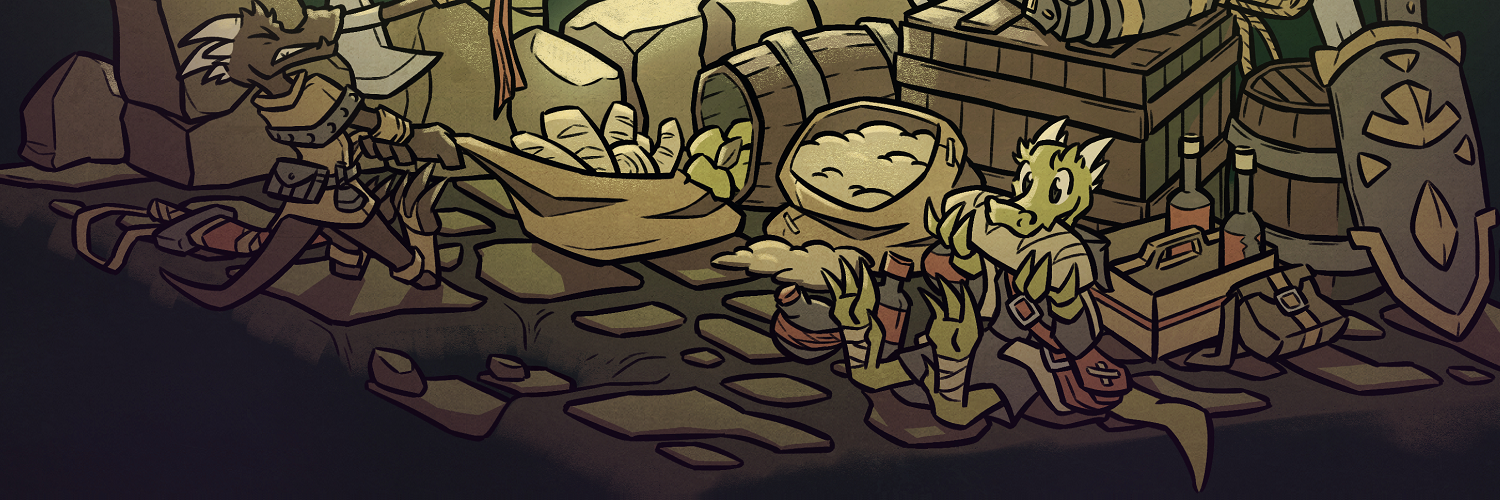

Trump got democratically elected
Debatable.
thousand of soldiers carried out his orders while they could have refused
Refusing lawful orders comes with life-ending consequences.
Calling them orcs or implying the population is all shit?
Personally, I think equating any population with the actions of its government is a poor move, but you do you.




















“Life-ending consequences” doesn’t necessarily mean literal death. Court martials for serious offenses (which disobeying orders absolutely is) can come with very heavy penalties. It’s possible that it’s a regional colloquialism, but ‘life-ending consequences’ refers to consequences that end “life as you know it”, typically referring to something that is reasonably impossible to recover from.